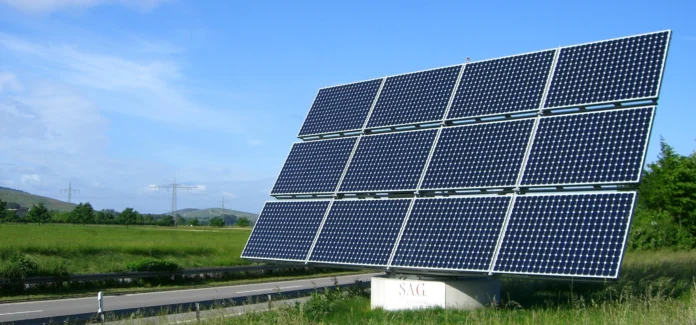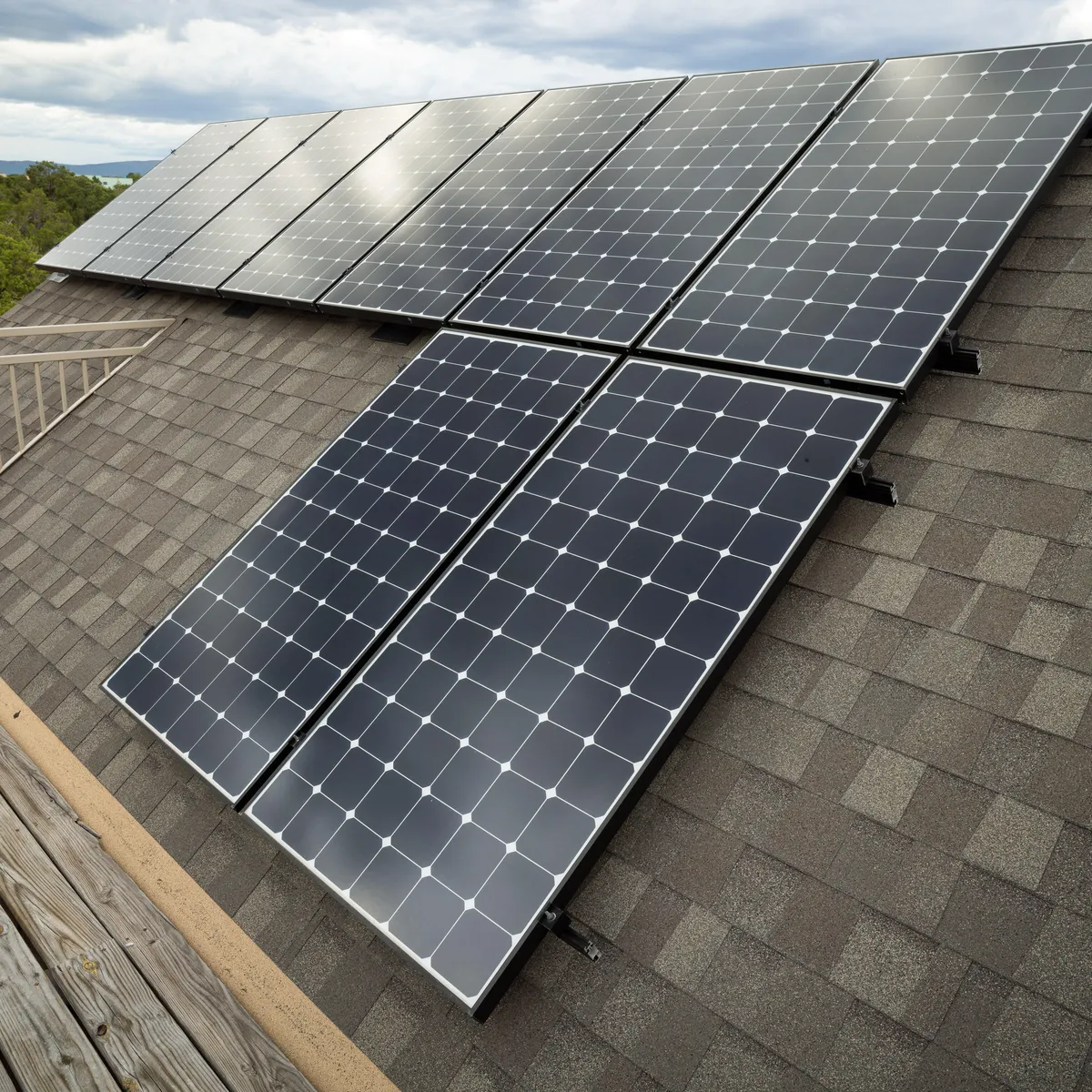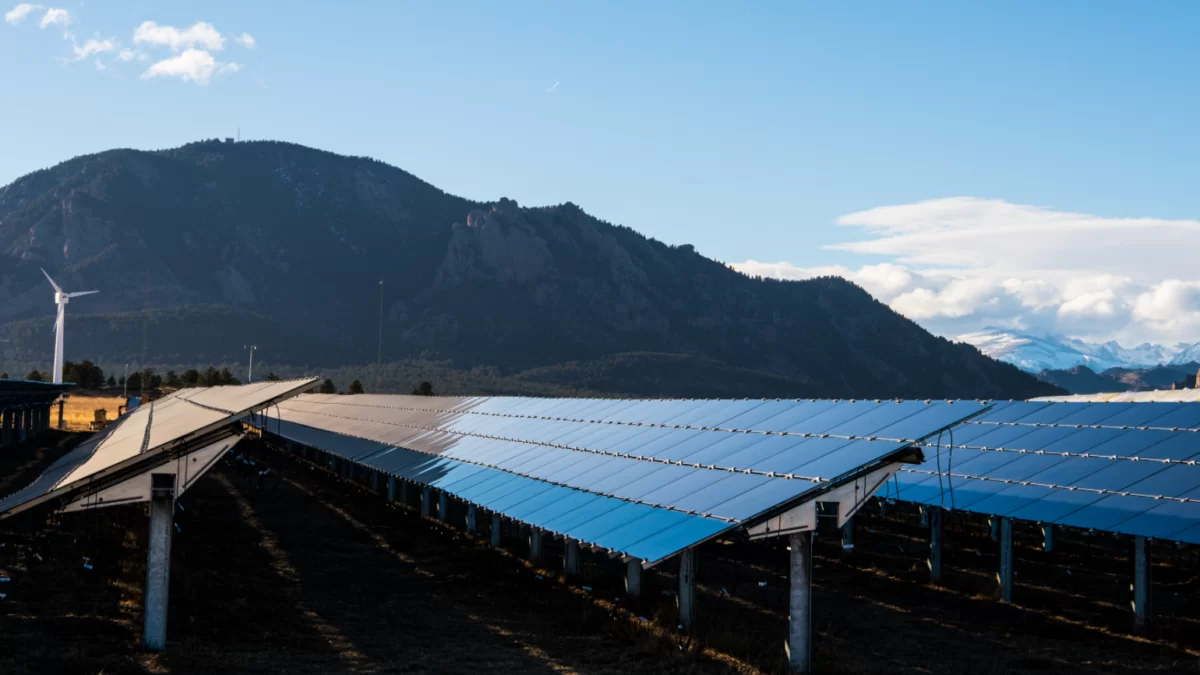
The goal of sustainable living has become increasingly important in today’s environment, and the revolutionary potential of solar panels is being highlighted. As we face the problems of climate change and seek cleaner, more efficient alternatives to existing energy sources, the importance of solar panels in defining our collective future cannot be overemphasized. Discover the compelling reasons why adopting solar panels is not just an option but a requirement in our drive for a more sustainable and resilient global energy landscape.
Explore the several reasons why solar panels harness sunlight power, which holds the key to a brighter and more sustainable tomorrow. Check out My Green Electricity to assist you more in the compelling case for why we should fully embrace the solar revolution.
Solar panels’ environmental benefits
Solar panels provide many environmental benefits, making them an appealing option for sustainable energy production. One of the most significant benefits is their capacity to reduce greenhouse gas emissions by generating power without emitting any air pollutants or carbon dioxide. This ultimately contributes to combating climate change and reducing the negative impact of traditional energy sources on our planet’s sensitive environment.
Furthermore, solar panels help to preserve natural resources by reducing our dependence on nonrenewable fossil fuels like coal, oil, and natural gas. By capturing the sun’s energy, we can greatly reduce our consumption of these limited resources while also mitigating the environmental damage associated with their extraction and use. Investment in solar power encourages technological innovation and promotes a shift to cleaner energy sources, ensuring a more sustainable future for future generations.
Energy security and independence brought by solar panels

The use of solar panels considerably improves energy security and independence in an individual and national context. On an individual level, installing solar panels enables homeowners to generate their electricity, reducing reliance on the traditional grid and lowering the danger of power outages. This not only improves energy security but also gives people a sense of independence and control over their energy consumption.
In a broader context, the widespread use of solar panels at the national level reduces dependency on imported fossil fuels, increasing domestic energy security. By harnessing the sun’s infinite power, countries can diversify their energy sources and lessen their exposure to geopolitical instability or supply interruptions in the global oil market.
Also, decentralized solar power generation can improve resilience to natural catastrophes by establishing more distributed energy networks that are less vulnerable to large-scale interruption. Solar panels serve an important role in enhancing individual and national energy security while also encouraging greater independence from traditional energy sources.
Progress in solar panel efficiency technology
As the demand for renewable energy sources continues to grow, so does the need for more efficient and cost-effective solar panels. Technological advances in solar panel efficiency have made significant strides in recent years, revolutionizing the way we harness the power of the sun. One notable advancement is the development of perovskite solar cells, which have shown great promise in achieving higher efficiency levels compared to traditional silicon-based panels. These lightweight and flexible cells have become a game-changer in the industry, offering improved performance at a lower cost.
Another exciting innovation is the concept of bifacial solar panels, which can capture sunlight from both sides, significantly increasing energy yield. By utilizing reflective surfaces or installing these panels over light-colored materials such as concrete or gravel, their effectiveness can be further enhanced. Moreover, advancements in nanotechnology and quantum dot materials are paving the way for even greater breakthroughs in improving solar cell efficiency. With these developments on the horizon, it’s clear that technological progress will continue to propel solar energy into a more competitive and sustainable position within our global energy landscape.
How solar panels enhance the home value

The installation of solar panels in a home has been shown to considerably increase its value. Solar panels not only help to reduce electricity bills, but they are also a long-term investment that may significantly raise the overall value of a property. Studies have shown that homes with solar panels sell for greater prices and faster than those without, highlighting the allure of sustainable energy solutions in today’s real estate market.
Furthermore, studies have shown that residences with solar panels are more energy efficient than those without. This means lower operational expenses for future owners as they rely less on traditional fossil fuel-based electrical sources. Homebuyers frequently prefer residences that correspond with their beliefs and offer long-term cost savings.
Embracing solar energy displays a dedication to environmental responsibility as well as financial rewards. Potential homebuyers are increasingly looking for residences with eco-friendly amenities, such as solar panels, to help them achieve their sustainability goals. As society continues to prioritize renewable energy sources, solar-equipped homes will acquire a competitive advantage in the housing market, promoting themselves as forward-thinking and environmentally aware investments for the now and the future.
In addition to the financial and environmental benefits, using solar energy results in long-term cost reductions. Solar panels have a lifespan of approximately 25–30 years, allowing homeowners to enjoy lower electricity expenses for decades after installation. As utility costs continue to rise, investing in solar panels becomes an even better option.
Not only do solar panels reduce reliance on traditional sources of energy, but they also contribute significantly to reducing carbon emissions and combating climate change. By harnessing the natural power of sunlight, homeowners can make a tangible contribution towards creating a cleaner and greener environment for future generations.

Moreover, as consumer awareness about sustainability increases, there is growing interest among potential homebuyers in properties with eco-friendly features such as solar panels. Homeowners who invest in solar infrastructure position themselves at the forefront of this trend and capitalize on a competitive edge in the housing market.
Solar panels provide a feasible and sustainable solution to our energy needs. By capturing the sun’s power, we can lessen our dependence on nonrenewable energy sources and dramatically lower our carbon impact. Solar panels also provide long-term financial savings for individuals and companies, making them a viable investment for the future. Moreover, the widespread use of solar panels can help create jobs and stimulate economic growth in the renewable energy sector. Using solar panels benefits not just the environment but also our economy and future generations. Let us take a step towards a better future by incorporating solar panels into our daily lives.








